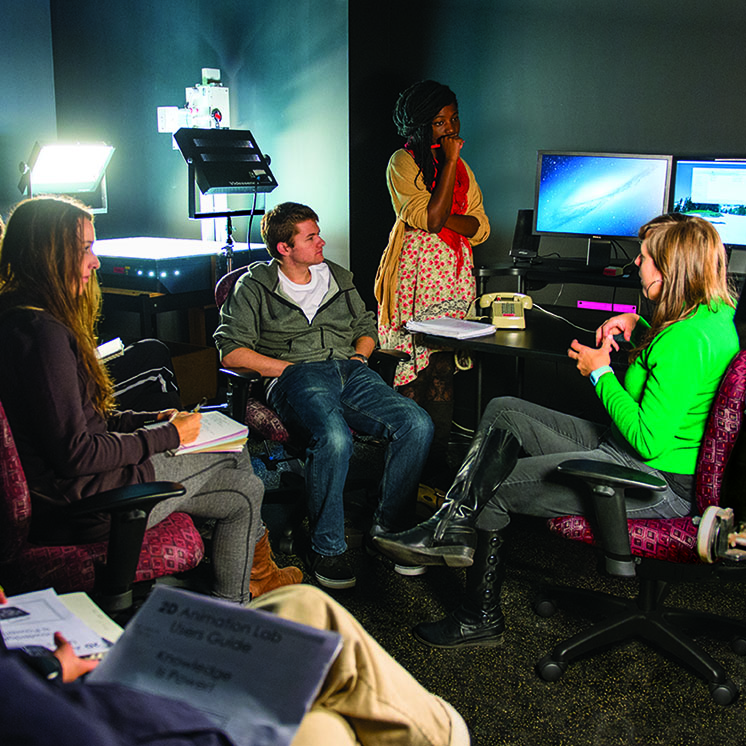Language and Power
Spring 2016 quarter
Taught by



To what extent does language have the power to shape the way we think and define ourselves? How can language be used to project power or authority? What are the possibilities and limitations of the spoken word, as opposed to the written word? How do differences in language and speech encode class, race, gender, or other social hierarchies? Who, or what, controls language?
This program will explore these questions and others through the lenses of linguistics, anthropology, history, folklore, and classics. We will consider how Aristotle’s classical rhetoric gets taken up in the art of contemporary trial lawyers in the United States. Drawing on the work of Michel Foucault, we will explore how medical discourses have structured sexual identities and pathologies. We will see how folk heroes have been immortalized in legends, songs, and community performances of resistance to colonial subjugation. We will build foundations in several disciplines: in linguistics, by considering dialects, standard languages, and language policy; in anthropology, through critical studies of cultural representation, ethnography, and power; and in classics, through examination of the origins of rhetorical theory and practice.
Our sources will include novels, articles, scholarly texts, classical literature, and films. Students can expect to learn the ways that words create and maintain world views and ideologies, from the vast workings of totalitarian regimes to the everyday interactions with those around us.
Assignments will include weekly analytical responses to program material, and one individual, empirically-based research project on a topic related to anthropology, linguistics, or classics. This program will be an intensive examination of these topics. Students should expect to spend 40 hours per week on this program. Successful students in this program will emerge having gained an introduction to linguistics, cultural anthropology, history, classics and rhetoric.
Program Details
Fields of Study
Preparatory for studies or careers in
Location and Schedule
Campus location
Olympia
Schedule
Offered during: Day
Advertised schedule: First spring class meeting: Tuesday, March 29 at 10am (Sem 2 E1105)
 my.evergreen.edu
my.evergreen.edu

 Spring
Spring